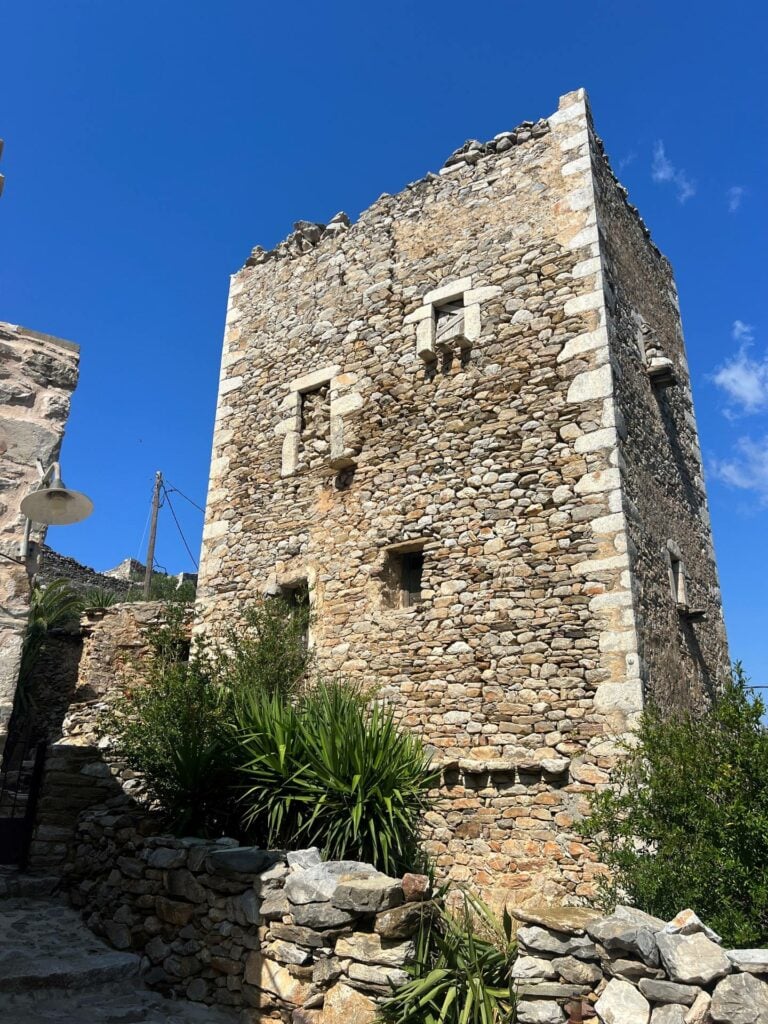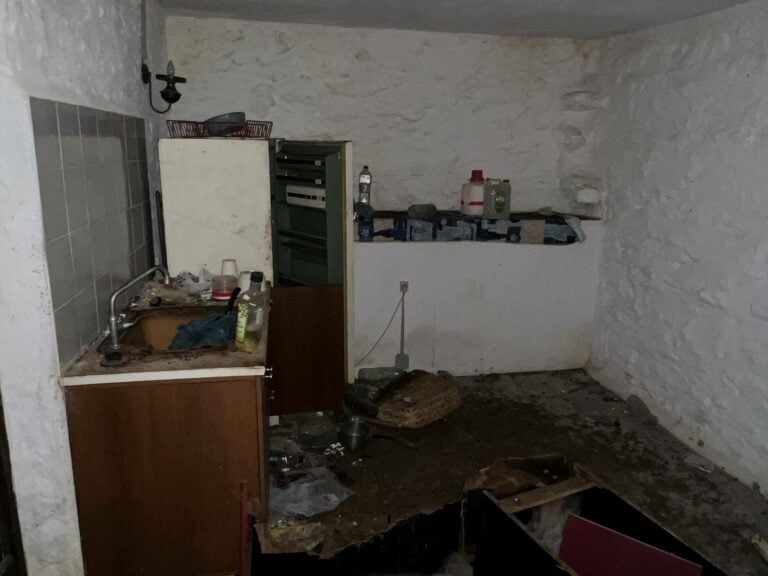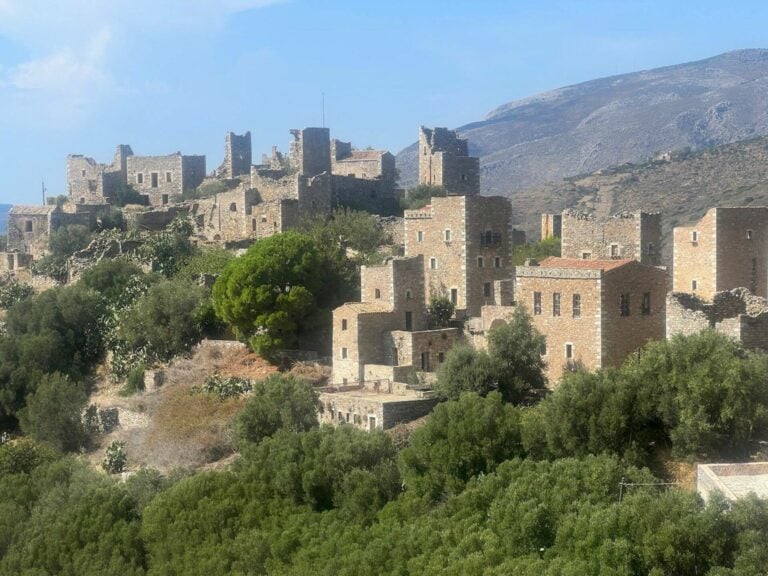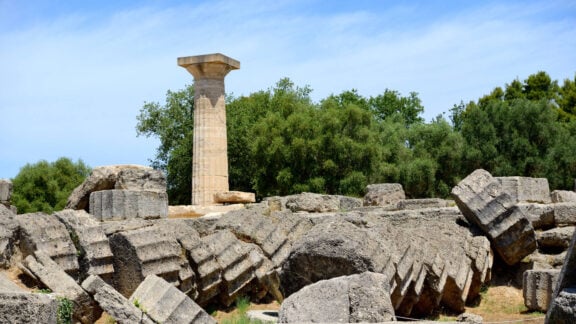There are places all over the Mediterranean that have seen better days. I think of Levissi in south-western Turkey.
Nearby, there is what once was a magnificent town that Greeks inhabited. In the early 1920s came what Greeks today call the Great Catastrophe. This came at the height of tensions between Turks and Greeks. There were killings on each side, and the Turks finally demanded that the Greeks in Turkey leave.
This was a disaster for the Greeks who had lived in this mountain village for so long. They were forced over the border onto the plains of Thrace, where the primary source of survival income came from tilling the land.
However, these mountain people knew little of agronomy, and, as a result, many of them eventually had to move further west and south into Greece to survive. This forced migration and privation is marked in the music called Rebetika today.

Meanwhile, things were no easier for the Turks, whom the Greeks expelled in retaliation. These were the people who had been on that arable land for centuries. They were forced to move from their farming land into the hills, in places like Levissi, which had been so recently occupied by the Greeks, where there was minimal arable land for them to till.
This population exchange certainly was a catastrophe in name and in truth. For the new occupants of Levissi could not stay in that village. There was simply no way to survive in that hilly land. They abandoned it. Today, it is no more than hundreds of empty, barren houses slowly decaying. Now, almost exactly one hundred years on, the remnants of perishables like wood door lintels have almost completely rotted to nothing.
The story of Vathia in the southern Peloponnese of Greece parallels that of Levissa. It is a primarily abandoned mountain town, but the reasons for the abandonment are not quite so tragic. People left this town around the time of the Second World War, mainly because they were looking for opportunities for work and prosperity (although some academics say the reasons are unclear. A factor may be that this immigration happened around German occupation, and this village was very close to the Mediterranean coast. And being close to the coast, it may have been a perfect location for Axis coast-watching and supplying the forces on the African front across the sea. But this is not certain).

Whatever the reasons for the initial exodus, 80 years later, Vathia is still largely abandoned. In the 1980s, as the town crumbled, the Greek government spent some money to shore up walls and floors to make it safe for tourists. And since then, a few Greeks have returned to live in a few crumbling tower houses. These they have restored. There are signs of failed attempts at re-habitation, tiled bathrooms and kitchens are now dirty, filthy, and open to the elements. The abandonment was not just a one-time thing.
There is something else particular about this place. So many walls are solid that you think you are prying into a living house and must be intruding on someone’s privacy. The fact is there are not a lot of people to infringe upon anymore. While plenty of buildings do not require too much work to become fabulous buildings with one of the world’s most incredible sea views, history has shown you cannot eat a view.

Today, there are clues to help you judge how recently people have lived in a particular building: the presence of a power-saving light globe or the electric cabling that couldn’t be more than a few years old. It is somewhat deceptive, though, as these modern appliances are often next to a door that leads to a ruthlessly trashed room.
Something is disconcerting about seeing 60-year-old weeds growing in the middle of what was once a beautiful church.There are a couple of hotels here, too: Small in size and charging a fortune. They fit in with the ruins, with the only clue of their existence an unobtrusive shingle and a particularly shiny wooden door. And the occasional CCTV camera.
Yes, Vathia can be all too confusing because, at every moment, it is a place that is both tragic and uplifting. There can be no escape from the signs of shattered lives, but there is also something quite special about all this. Greece has successfully preserved this once-powerful community as a part of its history, even allowing the wealthier among us to stay in these ruins. Vathia is indeed a living past.
Dr. Phil Kafcaloudes, a veteran journalist in radio and TV, he hosted a Radio Australia show for nine years and worked as a political reporter at ABC TV News. He’s an acclaimed author, and his novel “Someone Else’s War” gained him extensive recognition, he’s also received the JERAA national teaching award for his contributions to teaching.









